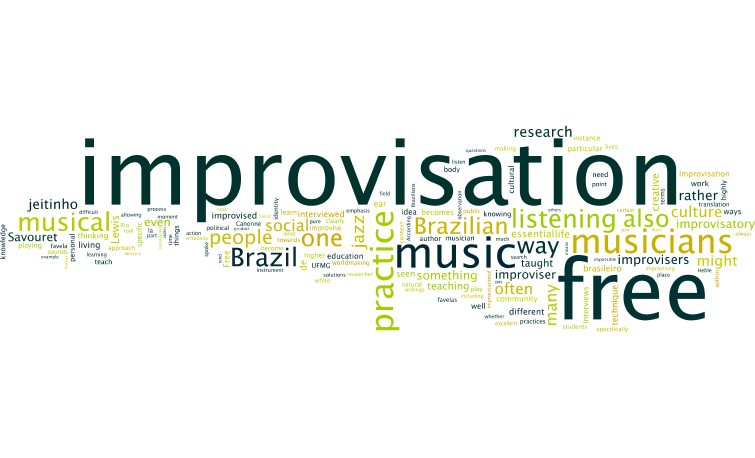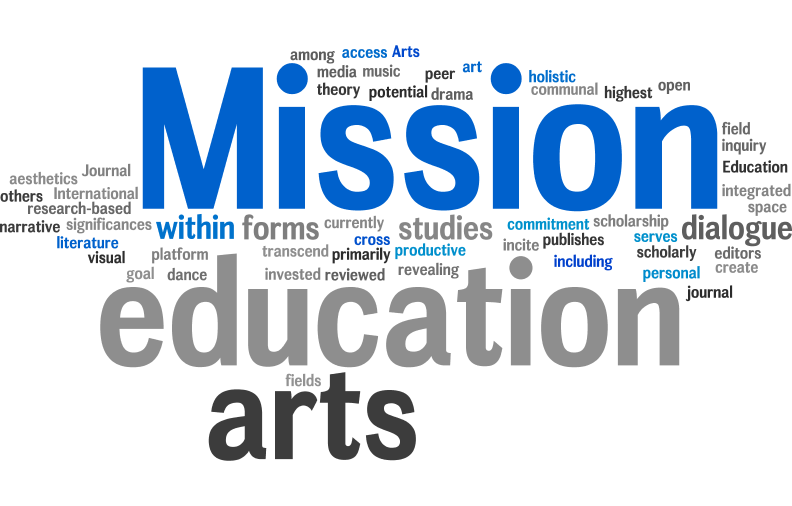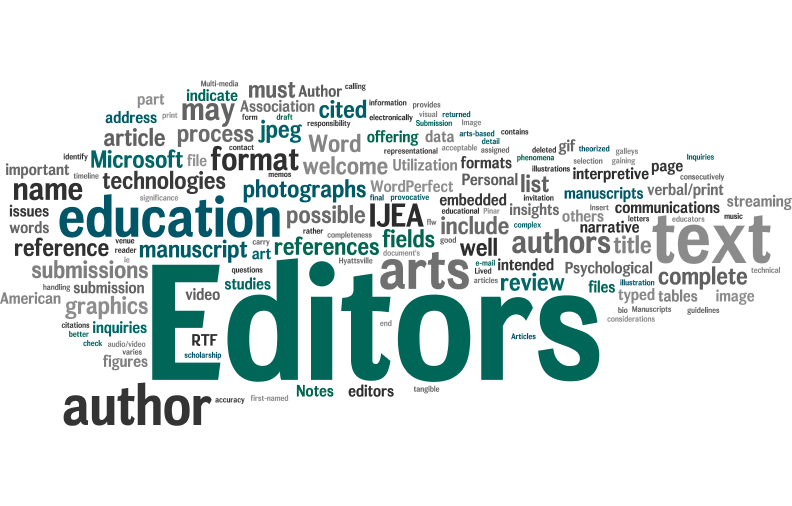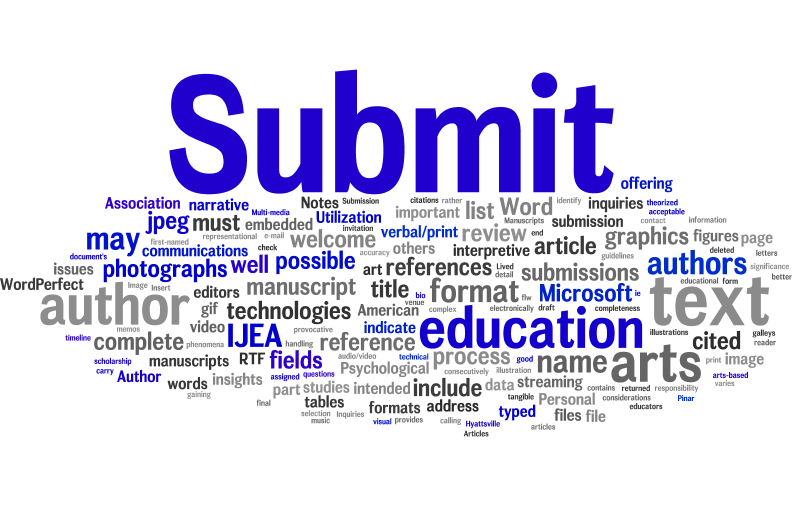| Volume 20 Number 15 | July 26, 2019 |
Free Music Improvisation: An Ethnography of Brazilian Improvisers
Franziska Schroeder
Queen’s University Belfast, United Kingdom
Citation: Schroeder, F. (2019). Free music improvisation: An ethnography of Brazilian improvisers. International Journal of Education & the Arts, 20(15). Retrieved from http://doi.org/10.26209/ijea20n15/Abstract
A four-month research period into the practice of free music improvisation in Brazil during February-June 2014 allowed intriguing insights into how musicians think about, play and teach the music practice that is referred to as ‘free improvisation.’ An overview of the term ‘free improvisation’ with some historical context on its development will be provided to aid the reader to better situate the ethnographic study of 50 Brazilian improvisers during 2014. The ethnography was carried out by the author who speaks fluent Portuguese, using a participatory action research (PAR) framework, with the main aim of enquiring whether or how the practice of free improvisation is taught in the Brazilian higher education system. The research was set at several higher education institutions in Brazil, which included the Federal University of Rio de Janeiro (UFRJ), The Universidade Federal do Estado do Rio de Janeiro (UNIRIO), The University of São Paulo (USP), The Federal University of Minas Gerais (UFMG), The Federal University of Bahia (UFBA), with two shorter, single day visits to The Federal University of Rio Grande do Norte in Natal (UFRN) and The Escola Livre de Música in Unicamp (ELM). Before providing a summarised interpretation of some of the interviewed improvisers, I will examine the improvisational spirit, this improvisatory worldmaking approach (the ‘jeitinho brasileiro’) that is often considered to be integral to the Brazilian way of life. I conclude the article by linking the skills of listening, so essential in the practice of free music improvisation, to the work of French composer and pedagogue Alain Savouret and his concept of the ‘virtuosity of the ear.’
Visual Abstract
This article is available in PDF format.





